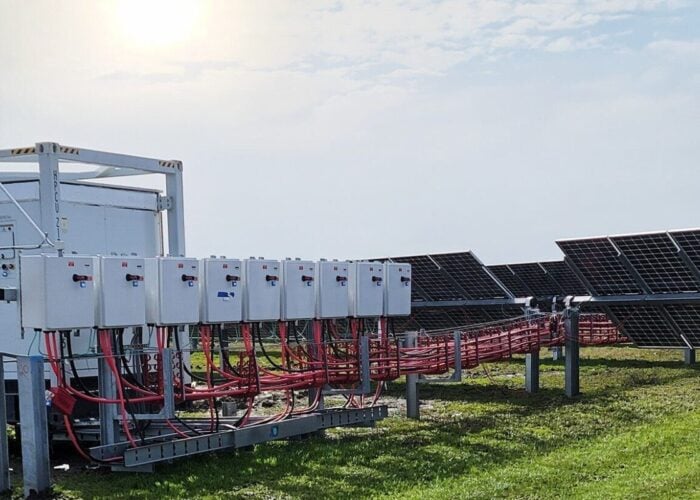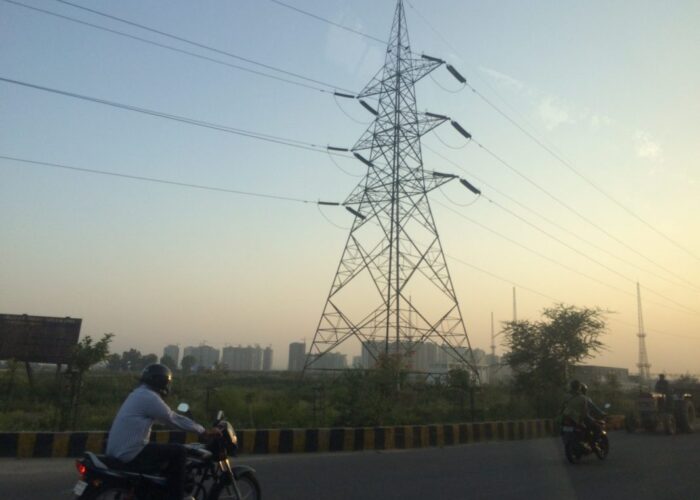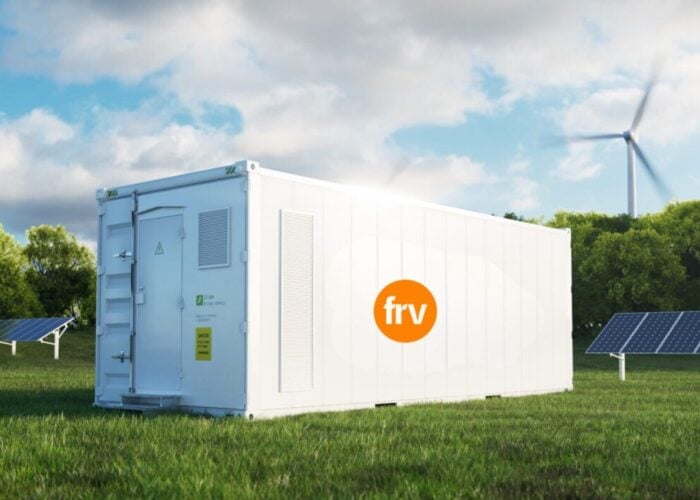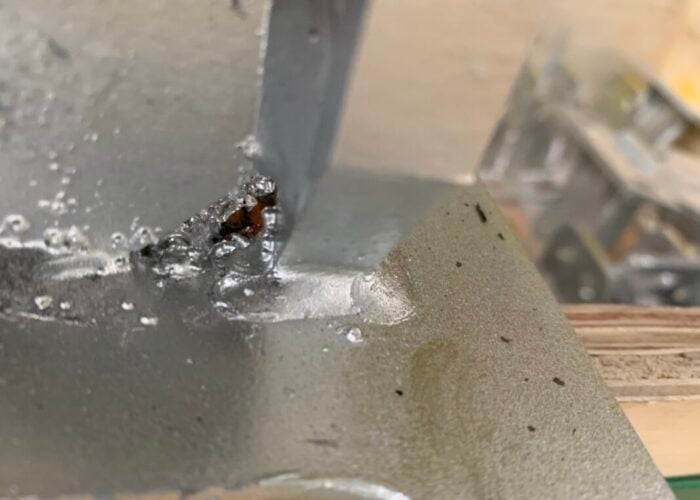Morocco has now reportedly secured agreements with the World Bank, the European Commission and Germany in connection with its large-scale US$9 billion solar project, which is expected to produce 38% of the country’s power by the year 2020.
The project consists of five power generation sites that will produce 2000MW of electricity, with a combined surface area of 10,000 hectares, in Ouarzazate, Ain Bni Mathar, Foum Al Oued, Boujdour and Sebkhat Tah.
Try Premium for just $1
- Full premium access for the first month at only $1
- Converts to an annual rate after 30 days unless cancelled
- Cancel anytime during the trial period
Premium Benefits
- Expert industry analysis and interviews
- Digital access to PV Tech Power journal
- Exclusive event discounts
Or get the full Premium subscription right away
Or continue reading this article for free
“This is a bold but realistic project. We will guarantee all the technical and financial resources to make it succeed,” said the country’s energy minister, Amina Benkhadra. The minister also stressed that foreign energy operators would be involved in the project.
The first station, which the country is mobilizing multiple financing sources and partners, from private and public sectors, as well as from the international community is expected to become operational by 2015 Morocco.
Ali Fassi Fihri, the chairman of Morocco’s power utility ONE said, “The project would add in terms of power generation the equivalent of the current electricity consumption of the country’s commercial capital Casablanca.”
Morocco’s finance minister Salaheddine Mezouar said, “The project sends a very clear message in the current situation, which is dominated by the need to face up to the challenges of climate change. Morocco is determined to protect the environment in all its future projects.”
The Desertec Initiative, the coalition of 13 energy and technology companies, has held talks with Morocco over the possibility of constructing Desertec’s first renewable energy project in the location.
Morocco’s government announced the first step of this project back in January.






